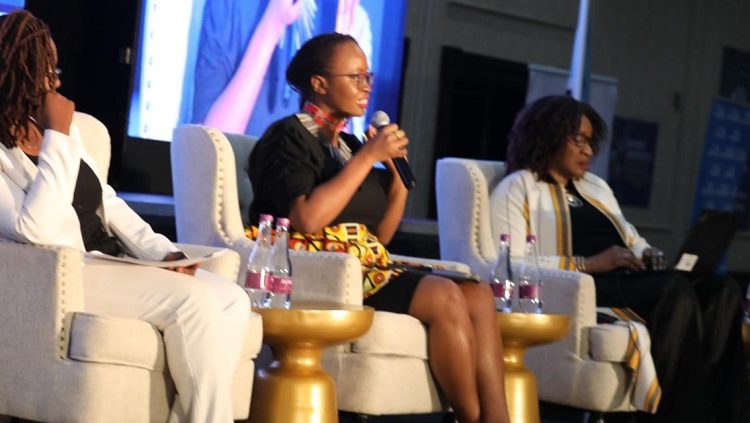Women, girls in focus as AU, SADC stress financing gender data for dev’t
Addis Ababa, July 9, 2024 (FBC) – African policymakers, gender experts, and development actors have urged countries and the region to invest and collaborate more to finance the production and use of gender data to improve the lives of women and girls, as disclosed by the UN Economic Commission for Africa (ECA).
Senior public sector officials and civil society actors from nearly 40 African countries are convened in Gaborone, Botswana for the Africa Gender Statistics Forum 2024 (AGSF24). This year’s AGSF aims to take stock of Africa’s progress and gender perceptions in the Addis Ababa Declaration on Population and Development, the Addis Ababa Action Agenda, and the 3rd Africa Program on Gender Statistics.
Held under the theme Pooling Together for Gender Statistics: Financing the Numbers that Make Women and Girls Count, the 2024 theme is informed by the International Women’s Day 2024 call: Invest in Women, Accelerate Progress.
“The financing gap for the Sustainable Development Goals (SDGs) stands at $1.3 trillion per year,” said William Muhwava, Chief of the Demographic and Social Statistics Section speaking on behalf of Oliver Chinganya, Director of the African Centre for Statistics, at the Economic Commission for Africa (ECA).
“Africa needs at least an additional $800 million per year towards meeting the SDGs. At the current pace, gender equality will only be achieved in 2094,” said Muhwava.
While development assistance for gender equality has increased every year since 2015, funding for gender data and statistics has fallen by nearly half compared to averages from 2019.
“Investing in the production and use of gender data and leveraging this for gender equality is thus the crucial shared goal of AGSF24,” said Aleta Miller, Representative for UN Women’s South Africa Multi-Country Office (SAMCO).
As one of the most significant annual meetings of producers and users of gender statistics in Africa, the AGSF provides an invaluable platform for raising the bar on how the region makes available and uses the data that can be applied for evidence-based policy and decision-making, including gender-responsive budgeting to improve the lives of African women and girls.
“This is a valuable opportunity to strengthen regional collaboration, share best practices, and strategize on how best to raise and pooling resources for the production and use of gender data,” said Ms. Bridget John, Botswana’s Permanent Secretary for Youth, Sports, and Culture.
“Sharing expertise and fostering cross-pollination of ideas through this cross-disciplinary forum will ensure that we gain the new practical knowledge necessary to move forward this agenda,” said Principal Secretary John.
The bottom line remains that gender data and statistics are crucial to effectively catering for the diverse realities of women and men, boys and girls in Africa’s development.
“Without a gender-specific approach to statistics, the planning and implementation of policies, programs and projects will not sufficiently take into account the difference in the status of men and women,” said Koffi Marc Kouakou, AfDB Principal Gender Statistician-Economist speaking on behalf of Nathalie Gahunga, Manager of AfDB’s Gender and Women Empowerment Division.


